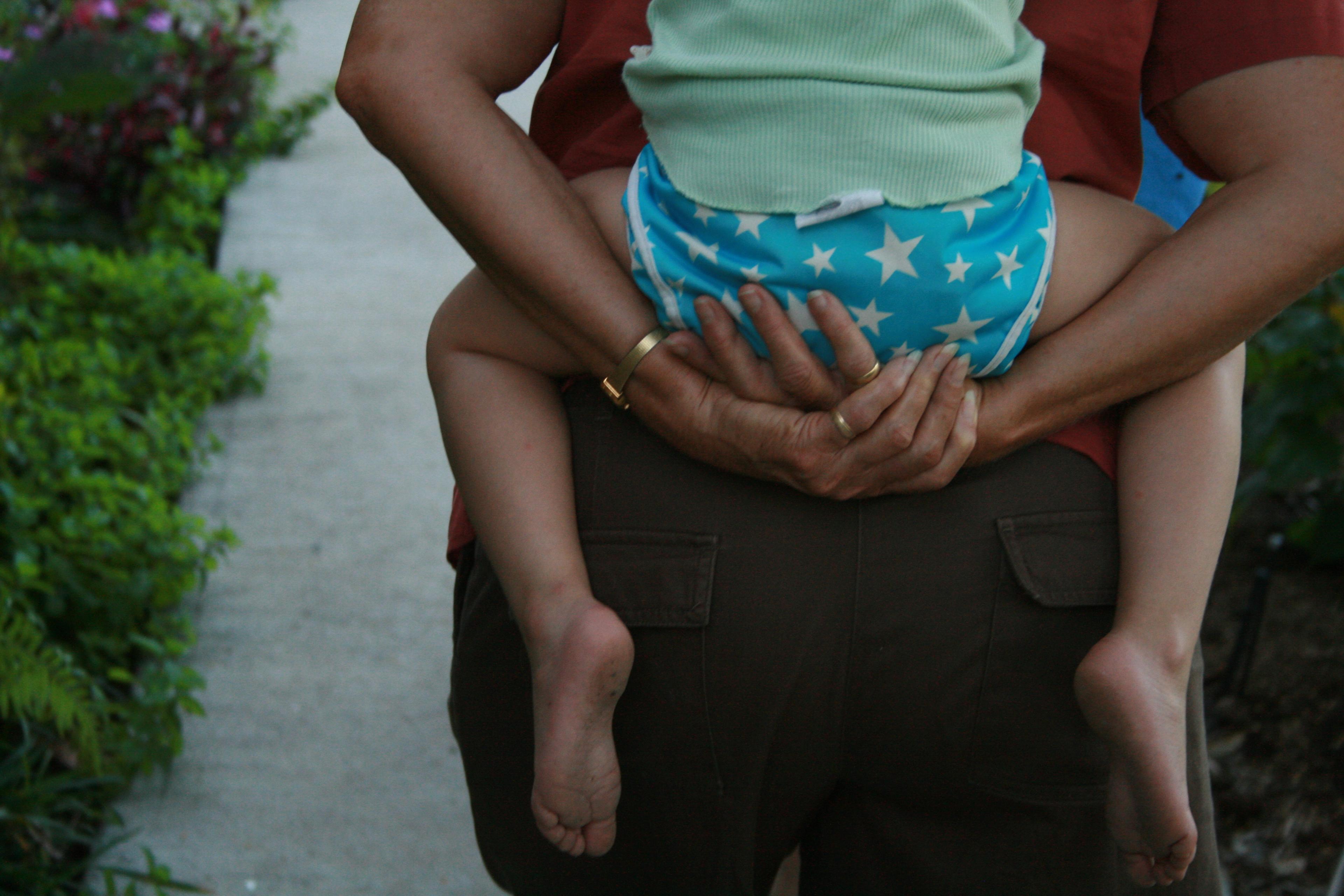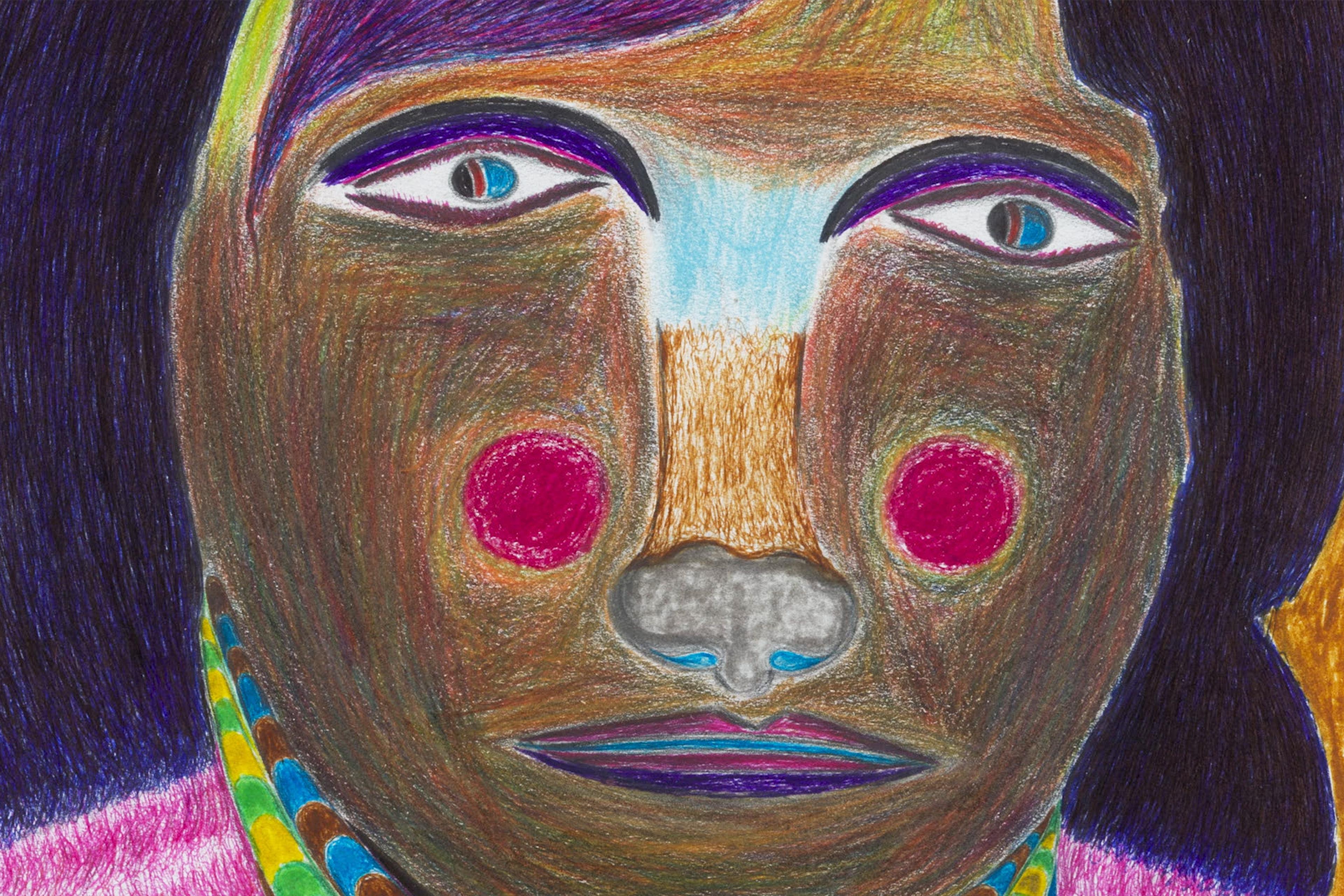I never expected to be an agony uncle. Not because ‘uncles’ are uncommon – although we are uncommon compared with ‘aunts’ – but because I never imagined I had any special knowledge or authority in matters of the heart, or other organs.
But then I wrote a book, a history of the Kamasutra. I was struck, researching it, how modern sex manuals seemed relatively limited in scope. They were so unambitious, so – mechanical. So I decided to write my own. It was called The Rough Guide to Sex (2010). (The Rough Guide travel imprint used to be synonymous with a certain irreverent authority, so the title made a jokey kind of sense.) This in turn led to my joining a small team of ‘experts’ at the newly launched sex-advice column of the Metro newspaper in London – a tabloid freesheet you might pick up on your morning commute.
I have been an agony uncle now for exactly 10 years, and I have to wonder if in all that time I’ve done any good. A succession of evidence-based assessments and reviews of various therapies has repeatedly concluded that what matters most, in terms of therapeutic efficacy, is not the particular kind of therapy or approach pursued (behavioural, systemic, psychodynamic, and so on), but instead the nature and quality of the therapeutic relationship. Therapeutic outcomes seem to depend more on the emotional collaboration between client and therapist, and the nature of their bond, and less on the variety of therapy – and still less, presumably, on the exact nature of any advice the client is given.
For an agony aunt or uncle, this must be a problem. Because, no matter how sage the advice given, the peculiarity of the job description means that there is no relationship whatsoever. We operate what spy tradecraft calls a ‘dead drop’: a message is deposited for the recipient to find, and a return message is left in the same place. All contact between the correspondents is carefully severed. I never even know my correspondents’ real names. (We speak through our editor, who selects one each week for us to answer, and anonymises it.)
Mostly, we reflect back what they already know, and give permission to take the action they want to take
Nevertheless, a relationship exists between us. The columnist has a professional ethic – or should do – and anyone writing to a newspaper for advice understands the context and accepts the terms of engagement. To use the language of therapy, we are engaged in a form of collaborative empiricism.
It is a peculiar relationship and a limited collaboration. Yet its very peculiarity, I believe, is what makes the agony column valid.
The American novelist George Cockcroft, under his pen name of Luke Rhinehart, wrote the novel The Dice Man (1971). It describes a psychiatrist who, filled with self-disgust and despair at the inadequacy of his therapeutic interventions, begins to make life decisions based on the roll of a die. Unlawful, nihilistic and distressing decisions; the die becomes a proxy for the expression of his darkest and most repressed impulses. I’m not saying that our correspondents are exploring the darker parts of their subconscious. (Though it has happened.) But, in writing to us, they are throwing a die. They define the actions etched on each face of the die – you can usually see the options set out quite clearly, in their letters. What we do, mostly, is to reflect back at them what they already know, and give them permission to take the action they already want to take. We are the dice.
My co-columnist, Angharad Rudkin, is a practising clinical psychologist. She remembers writing to a teen magazine – Jackie or Just Seventeen, she can’t remember now – when she was about 13 or 14:
A friend had a whole hoard of boyfriends, and absolutely no one seemed to be vaguely interested in me, and I remember sitting on my bed and saying: ‘What do I do?’ I never got an answer. But there’s something about, in that moment, formulating your crisis. And maybe whether you get an answer or not is not the important thing. It’s writing it down … and saying ‘What is my problem?’ and then answering it yourself.
Writing down a problem puts it ‘in black and white’, Rudkin adds. It gives clarity and distance. Seeing that problem printed, and responded to in public, surely gives even more. She says that ‘desperate people’ write when ‘they’ve used up all the advice around them … and they don’t know who to turn to.’
Among our correspondents – roughly half men and half women – the most common theme is doubt. Doubt about whether to leave. Doubt about sexuality. And doubt, quite commonly, as to whether or not a male partner’s behaviour is reasonable or acceptable. We hear about a boyfriend who never calls or replies to texts, or even allows his girlfriend to call him. Another who ‘still lives with his ex while he sorts out his financial situation’. A fiancé who ‘needs’ to have sex three times a day. A husband who is ‘notorious for cutting people off’, refusing to speak to certain members of his wife’s family. In fact, many of our letters could be summarised as follows: ‘He does this. Is it OK?’ To which my answer is typically ‘No.’ Or, to put it a little less baldly: ‘You already know it isn’t OK. I’m here to give you permission to do what you’re already on the brink of doing and act upon your intuition.’ We are the dice.
Being a man counts for something here in that a significant part of my job, given that I’m not a therapist, is to speak for non-toxic masculinity: to articulate the possibility that it doesn’t have to be like this. As Rudkin says:
Where a friend would say ‘I’m not sure about the way he treats you,’ we might be the first people who’ve ever said to them ‘Don’t put up with this, it’s unreasonable, it’s abusive, it’s not going to change.’
You can imagine that coming from a clinical psychologist like Rudkin, or from a female friend, perhaps. Coming from me, as a man – and an ‘ordinary’ man, at that – it has a different flavour, and possibly a different impact. I see my role as affirming that certain kinds of behaviour are indeed toxic but that not all male behaviour is; to argue for higher standards of male behaviour – and higher expectations, too.
The nightmare scenario for any agony columnist, of course, is that you advise a course of action that doesn’t work out, and that the next time you hear from the correspondent is when their lawyer’s letter arrives. (Or, worse, the letter from their bereaved family. If we’re worried about someone’s safety, we respond immediately urging them to seek help from the appropriate service.) The legal letter has not arrived yet. But, still, we have a duty to respond honestly to a correspondent’s plea. And when there’s no evidence that the partner is going to change their behaviour, as Rudkin puts it: ‘then the person writing to us has to change their behaviour – and leave.’ She adds: ‘I often end up saying the strongest predictor of future behaviour is past behaviour.’ She’s right. Listen to what he does, I say, not what he claims he’s going to do.
Tanith Carey, author of Never Kiss a Man in a Canoe: Words of Wisdom from the Golden Age of Agony Aunts (2009), observes that early agony columnists ‘saw their job as to uphold the moral tone of the publication’. She tells me that she could ‘hear some of the voices of distress’ when she was researching the original letters, ‘but those voices weren’t what mattered: it was that the publication was seen to uphold the ethics and social morals of the time.’ The analogy here is perhaps with the confessional. Especially as, in the old days, as Carey points out, the values of agony ‘aunts’ were distinctly patriarchal. (And probably written, she adds, by male journalists posing as women.) I am certainly not upholding the patriarchy, though I am trying to offer a standard against which the correspondent can measure something. The difference is that I don’t want them to measure themselves against it: I want them to measure their male partners.
We get no feedback, so we can’t adjust and clarify our advice if we realise we’re being misunderstood
Our letters are ‘all about power’, Rudkin says. I agree. Many if not most of the people who write to us are disempowered by or within their relationships. They’ve been gaslit or accustomed to not having their needs met. Sometimes, it’s their relationship with themselves that is disempowering – as with the many people who write to us to ask if they might be gay. (Including the ‘totally straight’ man, recently, who was having sex ‘like I’ve never known’ with a male friend, and wondering about how to stop, so he could start a family with his girlfriend.) Often, correspondents want change but are scared to make it. ‘We can empower them to make a decision, to think differently,’ Rudkin says.
That sounds very like a therapeutic relationship. What we’re offering is not so much advice as a resonant space in which the client can hear their own voice more clearly. Maybe that is like the hushed, intimate space of the confessional. Or to put it in terms of cognitive behavioural therapy, we offer a place in which they can construe and perhaps reset their perceptions of the situation, with a view to modifying their responses. Just as a cognitive behavioural therapist would, we can challenge, selectively – although there are risks. When we do give outright advice, we get no feedback as to how we are heard, so we can’t adjust and clarify if we realise we are being misunderstood. (We rarely get feedback, although we did receive one particularly gratifying email from a reader who did leave her partner, and wrote to tell us it was the best decision, and action, she had ever taken.)
We are not offering therapy, then, but I think we are offering something related – and something that counts. As Rudkin says:
Our choice is, we either offer support and advice – and have no idea how it’s landing, and what happens – or we just don’t offer that support and advice. And I still think we’re better off offering it… It’s meeting the needs of quite a few people.
That includes people who are not our correspondent. I’m not naive. I know that our columns are read for entertainment – sometimes prurient, sometimes sympathetic. But I also see the larger audience as an opportunity. The intimacy, privacy and safety of the therapeutic relationship is a significant source of its value. But it’s a limiting factor, too: no one else gets to absorb the lessons learned, unless the client chooses to speak about them more widely. In an agony column, by contrast, the aunt or uncle speaks to millions.
Metro’s readership is 1.8 million, at the time of writing. I’m particularly conscious that just over a million of them are men. So whenever I suggest to a female correspondent that when her boyfriend/husband/partner does that, it’s really not OK, it’s not just her I’m talking to. It’s also my fellow men.








